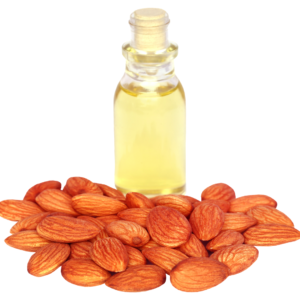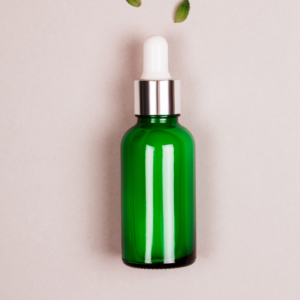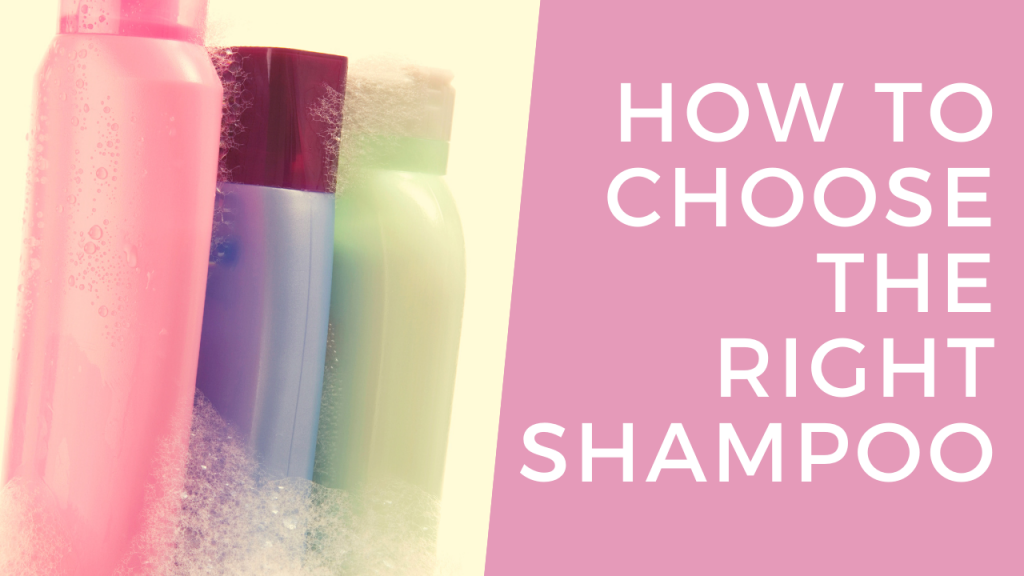If you’re like most people, you probably wash your hair pretty frequently, if not on a daily basis. Wouldn’t it be nice if just the act of washing your hair would stimulate hair growth? Well, in a way it can no matter what shampoo you use. If you take the time to thoroughly and gently massage your scalp as you wash your hair, this is an important form of hair therapy. Massaging your scalp helps stimulate and increase blood flow to the scalp, and your hair follicles absolutely need plenty of nutrient-rich blood to grow and keep health hair. What about the shampoo that you use? What is the best shampoo for hair growth?
What’s Really in that Bottle of Shampoo?
What I want to do is first describe what you do not want in your shampoo. It has always mystified me that products like shampoo that should not only help you clean your hair but also keep it healthy, often wind up containing ingredients that might actually be doing more harm than good! That’s the problem with large-scale manufacturing and business – they often do things that add dollars to the bottom line without caring or realizing that what they’re doing is not in the best interests of the consumers that buy their products and keep them in business! Look at the ingredients of any shampoo you use or are considering. If it has any of the following, put it right back on the shelf and keep looking:
Sulfates. These are strong chemical detergents found not only in some shampoos but also in dish detergent. That should be a clue right there that they’re probably not something you want on your scalp or in your hair. They can cause itching, irritation and redness. They help make shampoo foamy, but the price you pay for some extra suds is very much not worth it!
Polysorbates. These chemicals help oil and water stick to each other, so it gets put into hair products to dissolve the fragrance and various oil ingredients into the shampoo. You’ll find it mostly in conditioners, but it’s also in some shampoos, and it’s one you definitely don’t want in any of your hair products. It can totally upset the pH balance of your skin and break down protective barriers.
Isopropyl Alcohol. This is a cleaner that comes from petroleum and is great at dissolving oils, which is why you’ll find it in antifreeze, wood finishes and even shellac, but you shouldn’t let it anywhere near your hair. It’s extremely drying, which is not what you want for your scalp or your hair. Excessive dryness can lead to both hair damage and loss.
Formaldehyde. This one is a preservative. At some point in your life you’ve probably seen something icky in a jar, preserved by formaldehyde. Sure, it kills bacteria, but it also causes cancer and be very irritating to your eyes, respiratory system and inflame the skin. Steer clear of formaldehyde!
Hydrolysed Collagen. You’ve probably heard the importance of collagen to both skin and hair, and it’s true. So this one doesn’t cause any damage, but it’s also completely useless in a shampoo. The collagen molecule is too big to be absorbed by the skin, so any shampoo claiming benefits from its collagen ingredients is just blowing smoke.
Parabens. Look for ingredients such as methylparaben and propylparaben. These are more preservatives that can not only irritate your scalp, they can even upset your body’s hormonal balance.
Propylene Glycol. This is another form of alcohol, which means it can cause excessive drying (and oddly enough is found in many skin-moisturizing lotions). It’s also a detergent that helps the cleaning power of shampoo really penetrate your hair, but it also causes important proteins your hair needs to deteriorate, and can also irritate those with sensitive eyes and skin. And if you see another form of glycol called polyethylene glycol, that one’s a cancer-causer.
So the overall problem with all these chemicals is that many shampoos are just too harsh. Your scalp produces natural sebaceous oils that help keep your hair healthy, and there’s also good bacteria that also help keep hair healthy. The harsh detergents and antibacterial preservatives in many shampoos strip your hair of all that natural good stuff, leaving hair vulnerable to damage and your scalp open to invasion by all kinds of less kind pathogenic organisms that can cause irritations and infections. Any chemicals strong enough to eliminate your natural sebaceous oils are also undoubtedly damaging your hair follicles, which can only serve to accelerate hair loss. You also can’t necessarily trust any label on a shampoo bottle that says “natural.” Take the time to look at the ingredients and you’ll more than likely find that even many “natural” shampoos are full of suspicious chemicals.
What You DO Want in a Shampoo?
So what sorts of things do you actually want to see in a shampoo? Here’s the run-down:
Nut and seed oils. Look for jojoba, avocado and shea, all of which help moisturize your hair and make it shine while at the same time helping to eliminate any oily build-up.

Acidic ingredients. Cirtic acid or sodium citrate a great because the give shampoo the right pH balance to clean your hair while at the same time making your hair cuticles lay down nice and flat, which give hair a smoother, shinier look.
Panthenol. This is a kind of vitamin B, which means it will help make your hair follicles thicker as well as promote shine and moisture retention.
Glycerin. This one forms a protective barrier for follicles that helps seal in moisture.

Hmmm… are you noticing something here? The list of bad ingredients in shampoos is much longer than the list of good ingredients. In a way, that shouldn’t be surprising. Simpler is often better. Your shampoo simply shouldn’t have a mile-long list of ingredients with names so complex you can’t even read them. For those of you who might have thought I was going to recommend specific brands of shampoo, that wasn’t the point of what I wanted to do, which was to educate you about what to look for in shampoos so that you can make your own informed choice. After all, you need to find one that works for you. So to answer the question of what is the best shampoo for hair growth, the answer is simple – the one that has the fewest and most natural ingredients that works for you. Happy hunting!



Comments are closed.